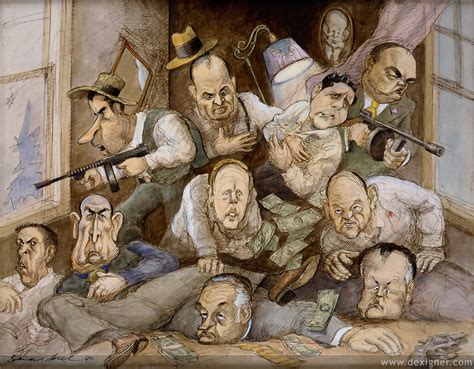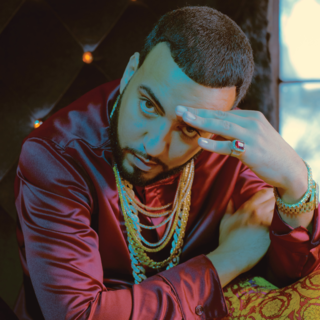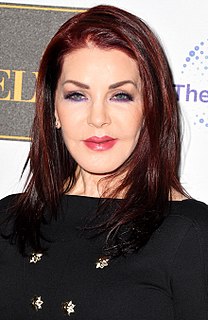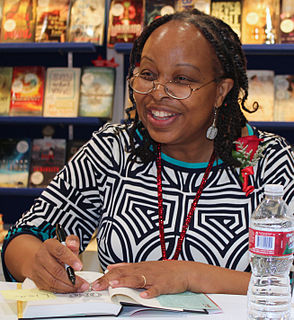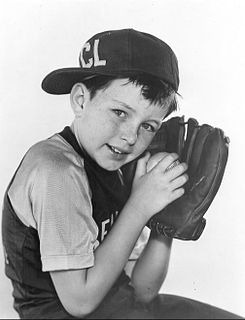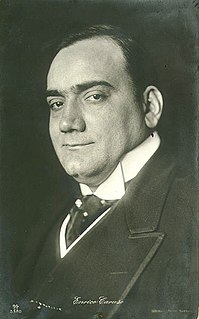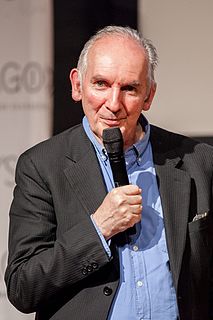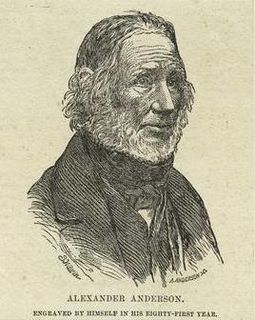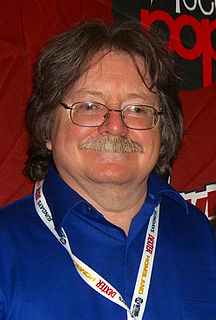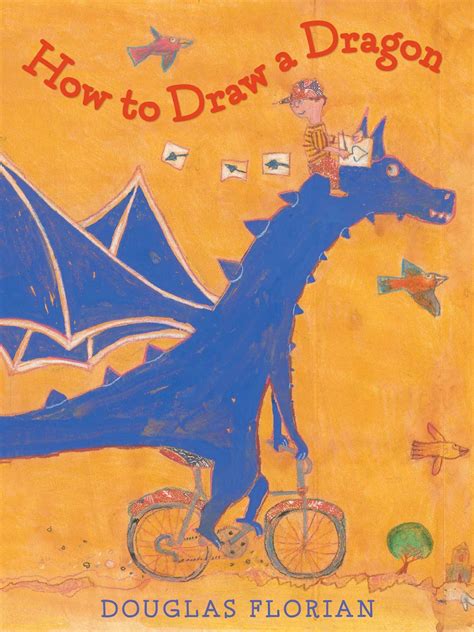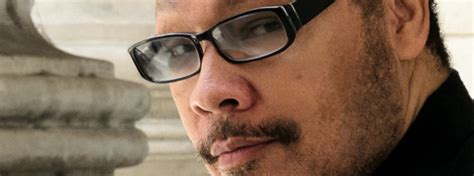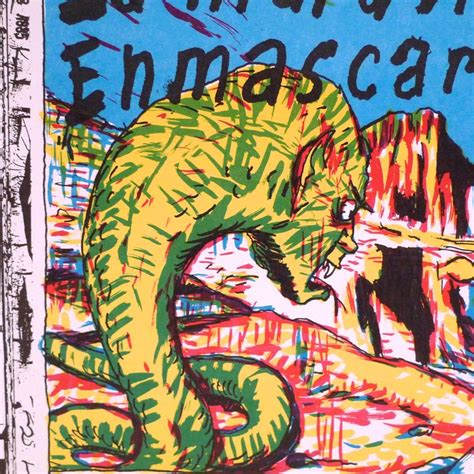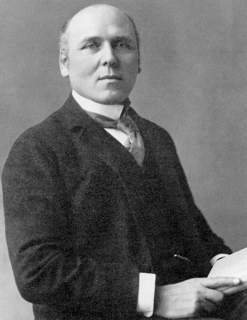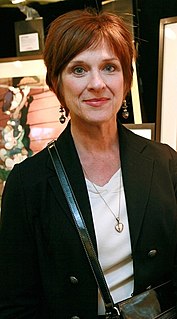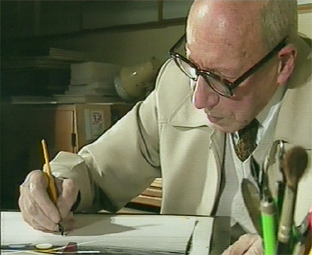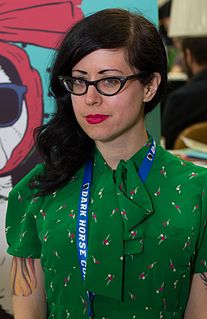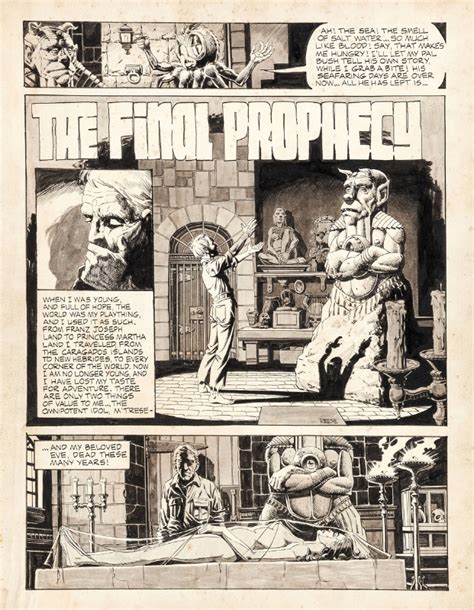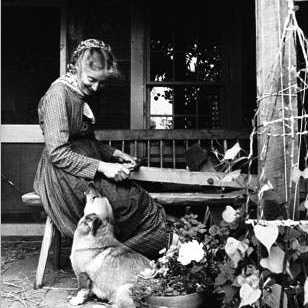A Quote by Edward Sorel
Looking back I realize I had the perfect family background to become the political cartoonist that I became. My father was stupid, insensitive, and cruel, thereby making me distrustful of all authority. On the other hand, I had a warm, supportive and encouraging mother, which made me want to fix the world.
Related Quotes
My family background really only consists of my mother. She was a widow. My father died quite young; he must have been thirty-one. Then there was my twin brother and my sister. We had two aunts as well, my father's sisters. But the immediate family consisted of my mother, my brother, my sister, and me.
Was it the act of giving birth that made you a mother? Did you lose that label when you relinquished your child? If people were measured by their deeds, on the one hand, I had a woman who had chosen to give me up; on the other, I had a woman who'd sat up with me at night when I was sick as a child, who'd cried with me over boyfriends, who'd clapped fiercely at my law school graduation. Which acts made you more of a mother? Both, I realized. Being a parent wasn't just about bearing a child. It was about bearing witness to its life.
I'm very objective about what I want to have happen to my protagonists and where that has to come from. On one hand, it does help me that I had a mother who might have taken the last dollar and bought a pack of cigarettes or something, but I also had a mother who exposed me to art, music, other religions, different foods. My mother was very adventurous in her own way, so she fed the part of me that was going to grow up to be a writer. But there's always, too, the opposite response that helps me to create.
My mother is a huge fan of my work. I told her about 'Coraline' long before the film was made, and she got the book and read it. She reminded me that when I was about five years old, I used to sit in the kitchen for hours and talk about my 'other' family in Africa, my other mother and father. I had totally forgotten that.
